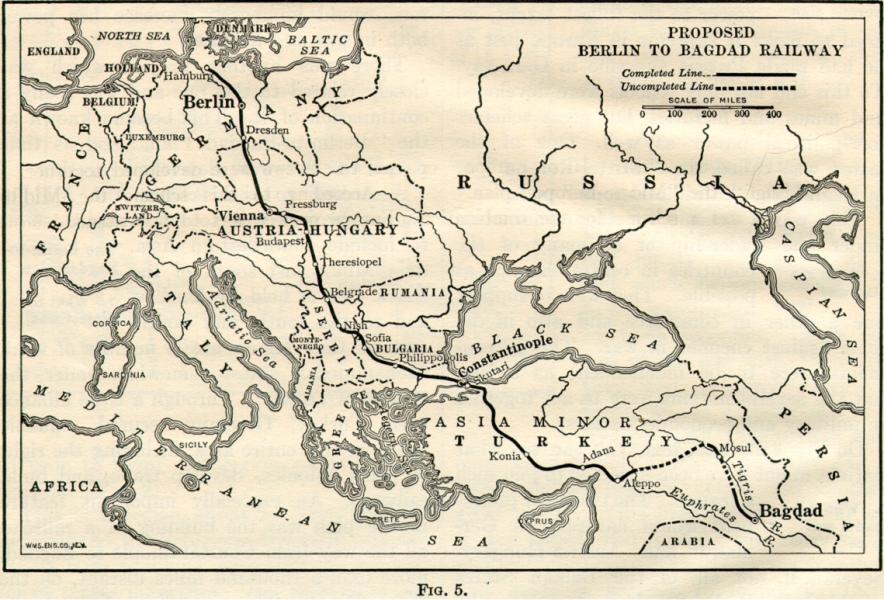
As we mourn the deaths of millions of young Europeans in a futile dispute between rival empires, British, French, Russian and American leaders perpetuate the myth of a simple battle between good and evil, freedom and tyranny, democracy and dictatorship. Yet without the deep scars left by the blood-stained aftermath of the Great War, much of Europe would probably not have endured revolutionary uprisings, which soon gave rise to much more grotesque expressions of tyranny in the form of Fascism, Stalinism and most catastrophically Nazism. Many younger people could be forgiven for believing Herbert Asquith, Winston Churchill and Lloyd George took the British Empire to war in order to defeat not just Prussian adventurism, but all the horrors later associated with Nazi Germany. Yet the Germany of 1914 was as democratic as Britain or France. Not only did Germany have universal male suffrage before the UK (which excluded not just all women, but also millions of poor men from the electoral franchise), it had the world’s largest Social Democratic party and best organised labour movement. Far from being a beacon of social enlightenment, despite its wealth and intellectual talent, the United Kingdom still ruled over hundreds of millions of colonial subjects in the Indian Subcontinent and much of Africa. Openly racialist ideas justified the supremacy of small white minorities and local elites in most colonies. How could one country that had fought a long string of wars in locales as diverse as South Africa, Afghanistan and India lecture another with a much smaller sphere of influence and only a fledgling colonial empire? Just 44 years earlier Britain seemed quite happy for its ally Prussia to humiliate its long-time imperial rival France, by first seizing Paris and imposing its terms for peace with the transfer of much of Alsace and Lorraine to the newly formed German Empire. Only 55 before that in the infamous Battle of Waterloo, the British army under the command of the Duke of Wellington had helped Prussia defeat Napoleon and thus contain Britain’s main maritime competitor as well as the dominant continental European power. For much of the 19th century Germany, not France or Russia, had been Britain’s main ally on the continent. Britain supported the creation of the new Belgian state out of the southern Netherlands Provinces and French-speaking Walloon region to limit French ambitions more than those of Prussia. Indeed the British Royal Family descended from the House of Saxe-Coburg and Gotha. In 1914 King George V’s government effectively declared war on his cousin Kaiser Wilhelm II.
Standard schoolbook history usually emphasises the assassination of the Habsburgian Archduke Franz Ferdinand in Sarajevo, which the Austro-Hungarian government blamed on Serbia, a small slavic state rising from the ashes of an Ottoman Empire in rapid decline. Sandwiched between the Ottoman and Austro-Hungarian empires, Serbia naturally sought alliances with Russia and France. However, let us not forget France and Britain had temporarily joined forces with the Ottoman Empire to contain an expansionist Russia in the 1853-56 Crimean War.
In the century prior to the outbreak of the 1914-18 Great War, Britain had supported Prussia against expansionist France, France and the Ottoman Empire against expansionist Russia, before letting Prussia curtail the European influence of Napoleon III’s resurgent Second French Empire. Why would Britain now side with Russia in its quest to gain a foothold in the Balkans via Serbia over the assassination of a foreign royal. While the German Empire had gained Alsace and Lorraine to the west and chunks of former Poland to the east, the Russian Empire had gobbled up the rest of Poland, the baltic states north of East Prussia and Finland as well as all the former Caucasian and central Asian Soviet republics that gained independence from the Russian Federation in 1991. Germany’s main competitor in rapidly industrialising Central and Eastern Europe was Russia, who had in turn formed an alliance with its main competitor, and former occupier to the West, France. Britain, although now eclipsed by Germany and United States as an industrial power, had reached the pinnacle of its imperial power. Did it really matter if Germany settled a few scores with a despotic Russian Empire and once again put France in her rightful place as a medium-sized Western European nation? Could Britain not act as a mere mediator between Russia, the Ottoman Empire, France, Austro-Hungary and Germany. After all, it had both opposed and joined forces with all these empires to suit its imperial interests. As for neutral Belgium, it had just overseen the slaughter of possibly a million or more Africans in the Congo Free State (some accounts suggest as many as 10 million, depending on the accuracy of pre-colonial population estimates), while over half its European population would sooner reunite with the Netherlands than fight dirty wars in the service of Belgian colonialism.
However, Germany was certainly not blameless. It had been too eager to settle scores and strike preemptively against France via Belgium. Its military leaders sought to expand their geographic reach through their industrial power at a time when most of the world had already been carved up, except for one lucrative region whose recently discovered abundant fossil fuel reserves would enable unprecedented economic expansion later in the century. Kaiser Wilhelm’s Germany had begun the construction of a ground-breaking Berlin to Baghdad railway, just as American and British geologists working for the Anglo-Persian Oil Company discovered black oil at Masjid-i-Sulaiman in the mountains of north-western Iran. Not surprisingly, though conquering the Middle East was never mentioned either as a pretext for war, much of Britain’s military operations over the following four years took place not in continental Europe at all, but in Mesopotamia.
For more read: The Darkest Days: The Truth Behind Britain’s Rush to War, 1914 by Douglas Newton